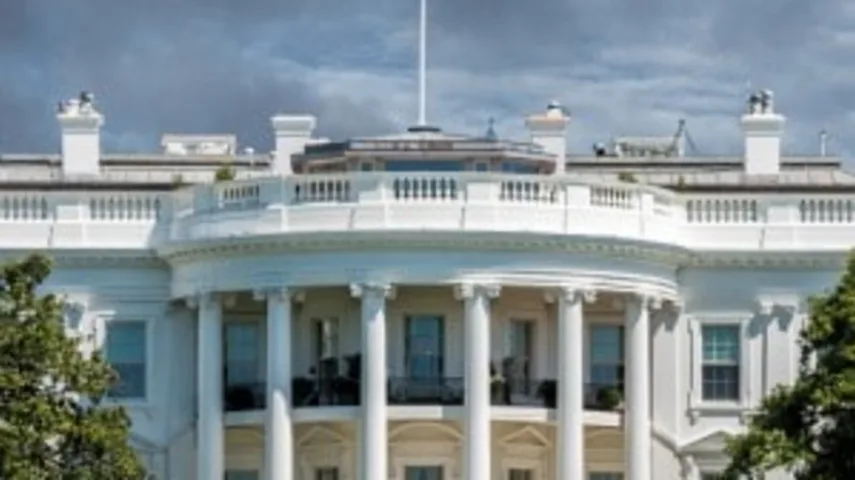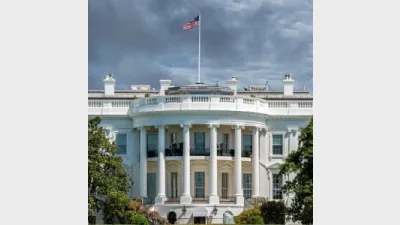How will a Biden win affect markets?



America could see itself swept up by a ‘blue wave’ if there was both a win for Democratic presidential nominee Joe Biden and a Democrat win in the Senate but markets will be watching the impact of his proposed tax changes.
Industry experts said proposed Democratic policies such as an increase in the corporate tax rate to 28% and further stimulus could be a headwind for growth. Biden was also expected to focus on climate-friendly regulatory changes and provide COVID-19 funding for states.
J.P. Morgan Asset Management (JPMAM) global head of fixed income, Bob Michele, said: “We could see a blue wave sweep over the US which would bring higher corporate taxes, more regulation in energy and healthcare and these are headwinds to growth. You would also get more fiscal stimulus as the winner would want to get off to a flying start.
“It all depends on the Senate and whether it is in Democrat or Republican control, if you have a Biden presidency and a Democratic control in the Senate then they could pass anything. It is as important as the election four years ago, if not more so.”
The Senate was currently controlled by the Republicans but the Democrats would only need four extra seats to take back control, giving them control of both the Senate and the House of Representatives as well as the White House.
The issue of the Senate control was earlier raised by Magellan’s Hamish Douglass who said markets “could be spooked” if there was Democratic control as it could potentially allow them to push through a left-wing agenda.
Libby Cantrill, head of public policy at PIMCO, said the so-called ‘blue sweep’ could be ‘problematic’ for both equity and credit markets.
“Under a Democratic sweep, we believe the financial markets would initially price in higher taxes – including corporate, personal and capital gains. This could be problematic for equity and corporate credit markets currently trading at above-average valuation multiples. The S&P 500 one-year forward PE multiple is roughly 20 times consensus 2021 estimates, well above the 10-year average of 15.5 times,” she said.
“Other potential wildcard risks we are monitoring include the possibility that investors, anticipating higher capital gains tax rates, will be tempted to sell assets and realise capital gains under the current regime which could heighten market volatility.”
Katie Deal, US equities analyst at T. Rowe Price, said: “A corporate tax increase from 21% to 28% from Biden would pose headwinds for earnings and could manifest in lower levels of capital expenditure and lower levels of stock buybacks. If a policy of applying a minimum of 15% tax rate is enforced, it could hit profitability as it could see the effective tax rates on corporations rise.
“President Trump’s Global Intangible Low Taxed Income (GILTI) 50% cut provided a boost to multinational companies – a Biden administration could look to reverse GILTI which would affect US businesses with large overseas operations.”
Robert Talevski, managing director at Activus Investment Advisors, said: “If Biden wins, share markets might moderate due to his tax increases from 21% to 28%, this will have a negative impact on earnings. Tighter regulations might also be on the cards, this is expected to have a negative impact on financials”.
However, it was not all bad, Deal said, as the de-escalation of trade tensions and implementation of an infrastructure plan would be accretive to earnings given the backdrop of further stimulus. Shane Oliver, chief economist at AMP Capital, added a Biden win would likely lead to smoother policy making after the ‘on again, off again mess’ under President Trump.
Michele added it was difficult to “de-couple” the situation in the US from the rest of the world which meant there would be a “massive” impact on other global markets from the US election outcome.
“The potential for it to affect the global economy is massive. Low interest rates could be in place for seven years which was the case after the Global Financial Crisis and the magnitude is greater this time round,” he said.
“Even if you have a blue wave, you could have a tremendous amount of stimulus hit the US in the form of healthcare, infrastructure and education. It is hard to decouple the US from the rest of the world.”
Recommended for you
A fourth private credit fund has received interim stop orders from ASIC following the regulator’s surveillance review.
Perpetual is yet to confirm a buyer for its planned wealth management disposal, but has reported strong asset management inflows in the first quarter.
Two ETF fund managers have opted to switch away from Cboe and onto the ASX in search of better broker connectivity.
The former CEO and co-founder of Zenith Investment Partners has switched sides and moved in-house to take up an executive role at a listed fund manager.











